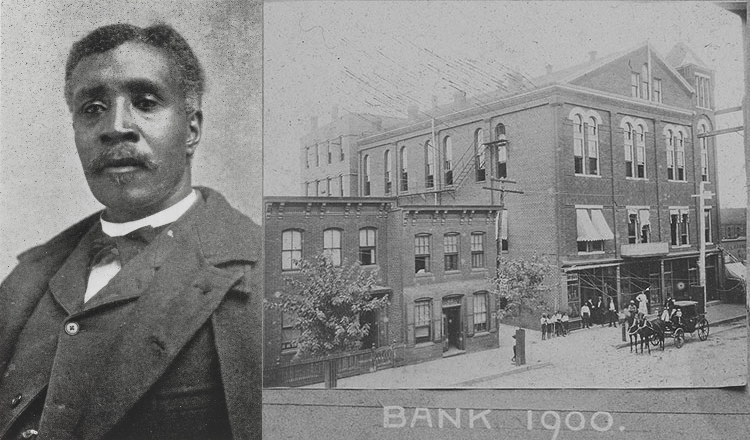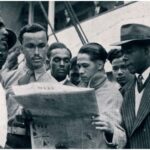Rev. William Washington Browne, formerly enslaved, pioneered Black economic empowerment by establishing America’s first chartered Black-owned bank, the Savings Bank of the Grand Fountain United Order of True Reformers, in 1888.
Escaping Slavery to later Serve
Browne was born into slavery as Ben Browne in 1849 in Georgia. Around age 8, he was sold again and adopted the name William Washington. As a young man, he escaped bondage during the Civil War and joined the Union Army from 1862-1866.
After being discharged, Browne received an education and became an activist – speaking out against the Ku Klux Klan and advocating for temperance among Black communities. He married Mary Graham in 1873.
Transforming a Fraternal Order into a Business Enterprise
In the 1880s, Browne was summoned to Richmond, VA by the black temperance group True Reformers. He soon transformed them into a hugely successful Black fraternal order and insurance organization.
Browne established over 50 chapters nationwide as membership grew into the thousands. The order then expanded into real estate and other business ventures.
Chartering the First Black-Owned Bank
On March 2, 1888, Browne achieved a revolutionary milestone when True Reformers received a state charter to open America’s first Black-owned bank, the Savings Bank of the Grand Fountain of the Order of True Reformers.
The bank opened on April 3, 1889 in Browne’s home. It later relocated as assets and deposits steadily grew, including surviving the 1893 financial panic as the only fully operational Richmond bank.
A Visionary’s Enduring Legacy
Browne passed away in 1897, but the bank continued thriving for years under his business model focused on economic independence and community uplift.
Though mismanagement and fraud sadly precipitated its closure in 1910, Browne’s trailblazing bank remains a symbolic wellspring representing Black excellence and resilience.





